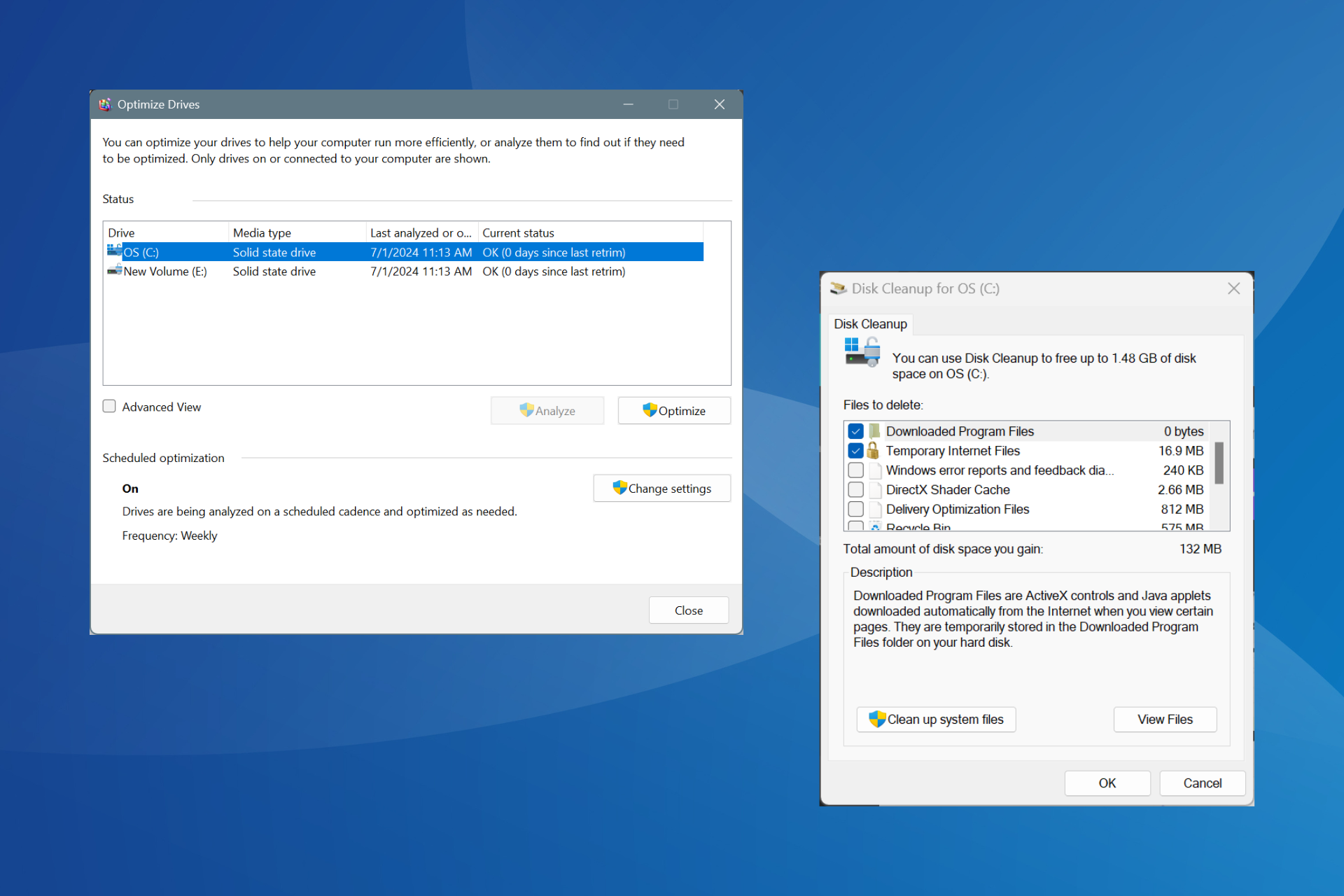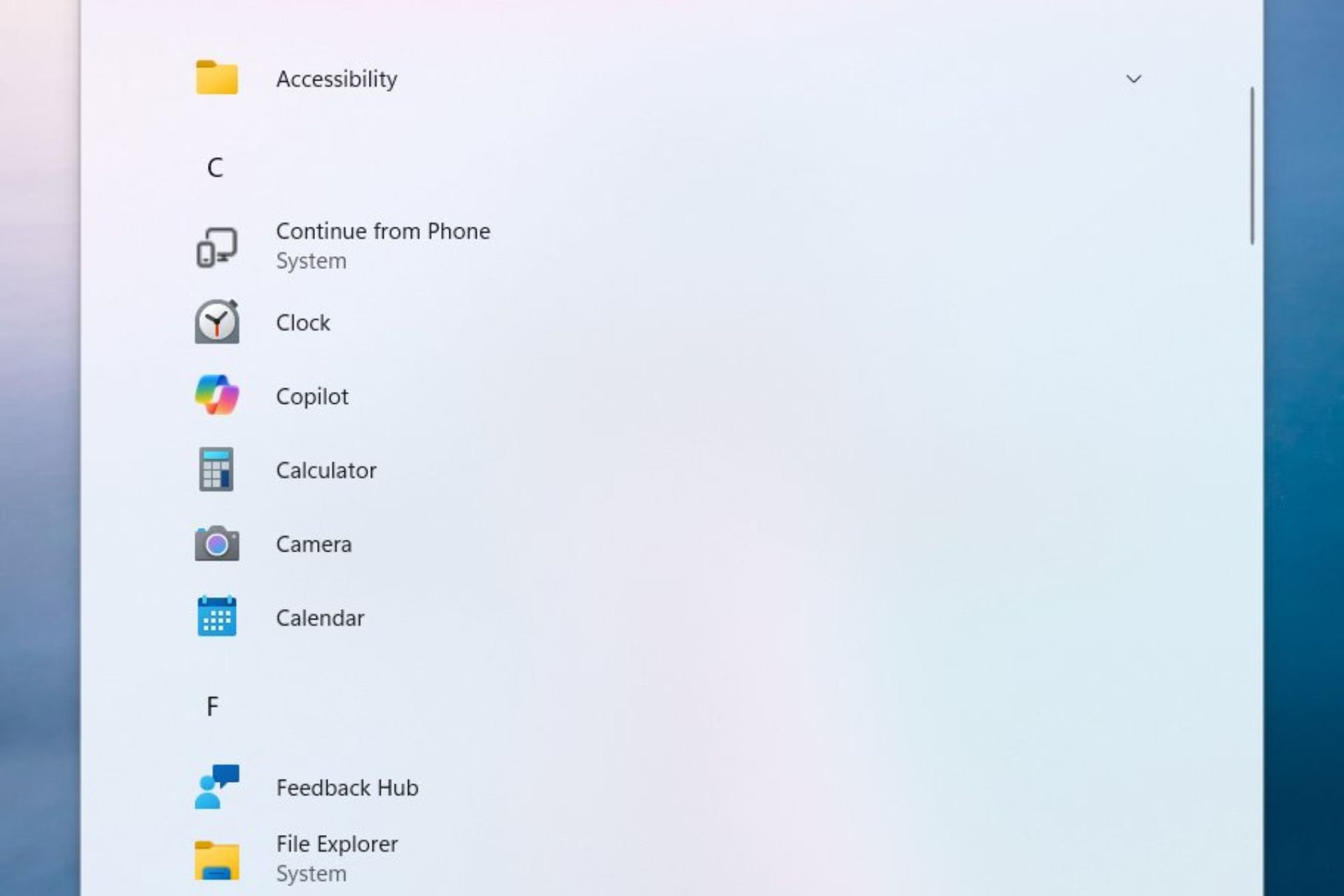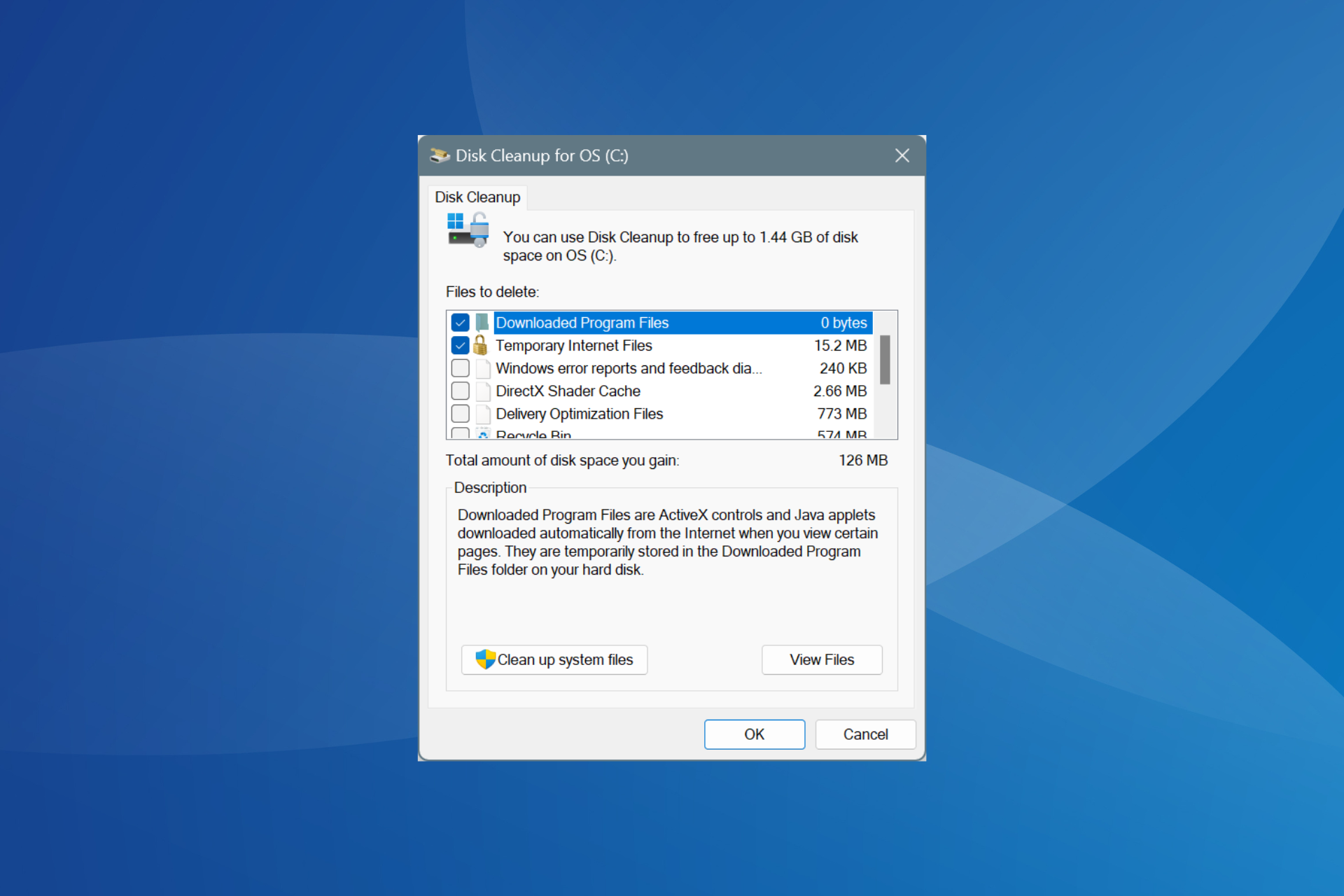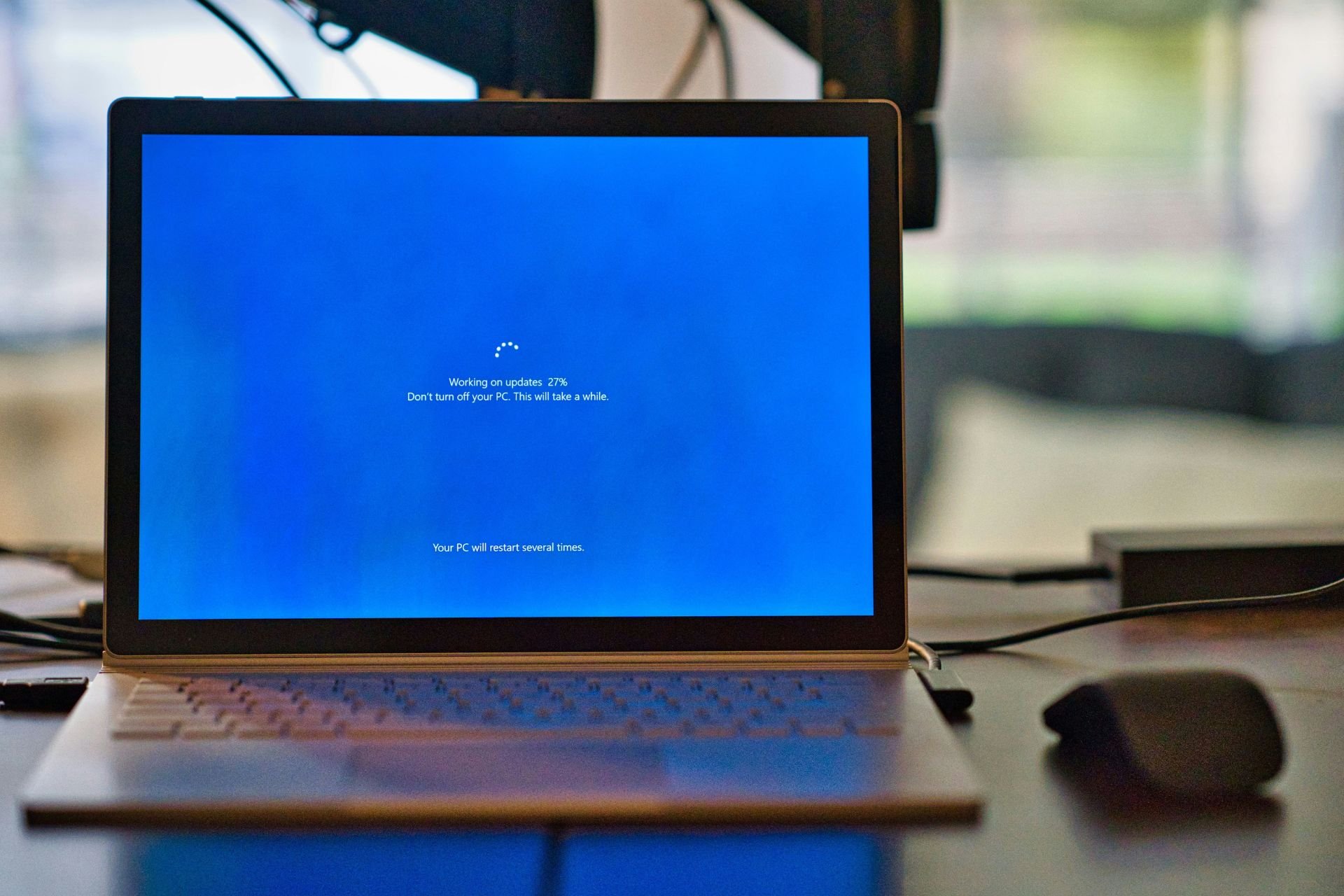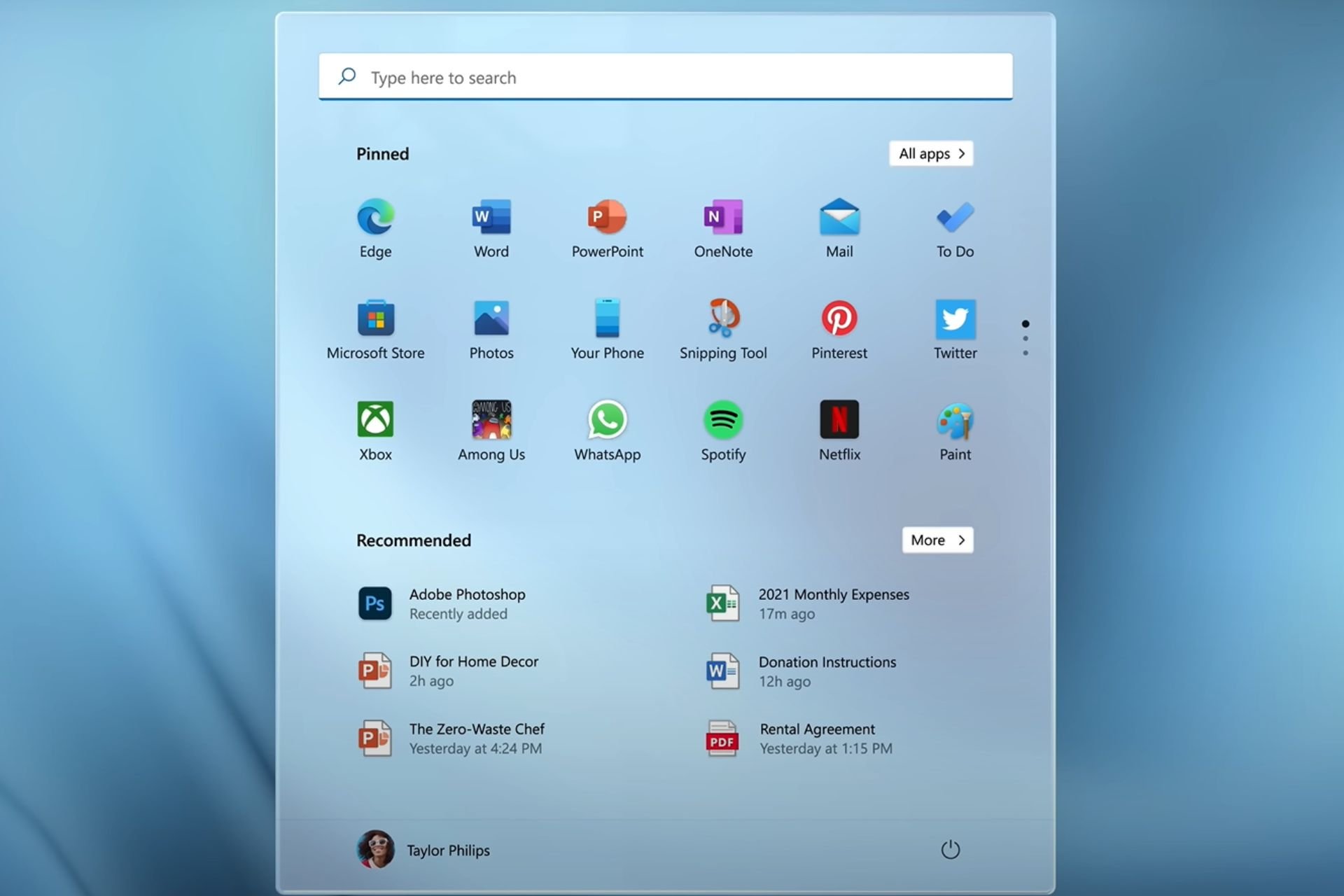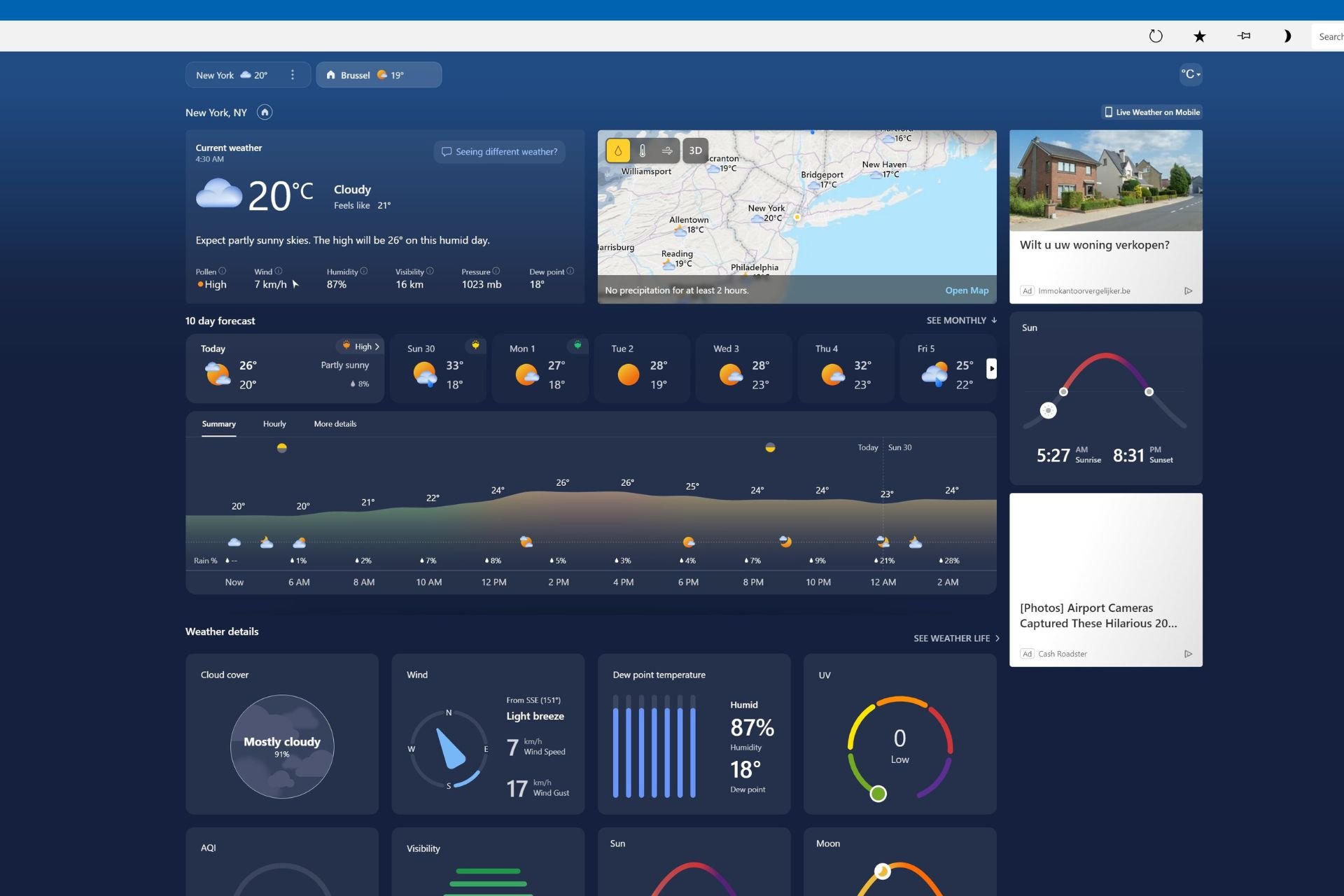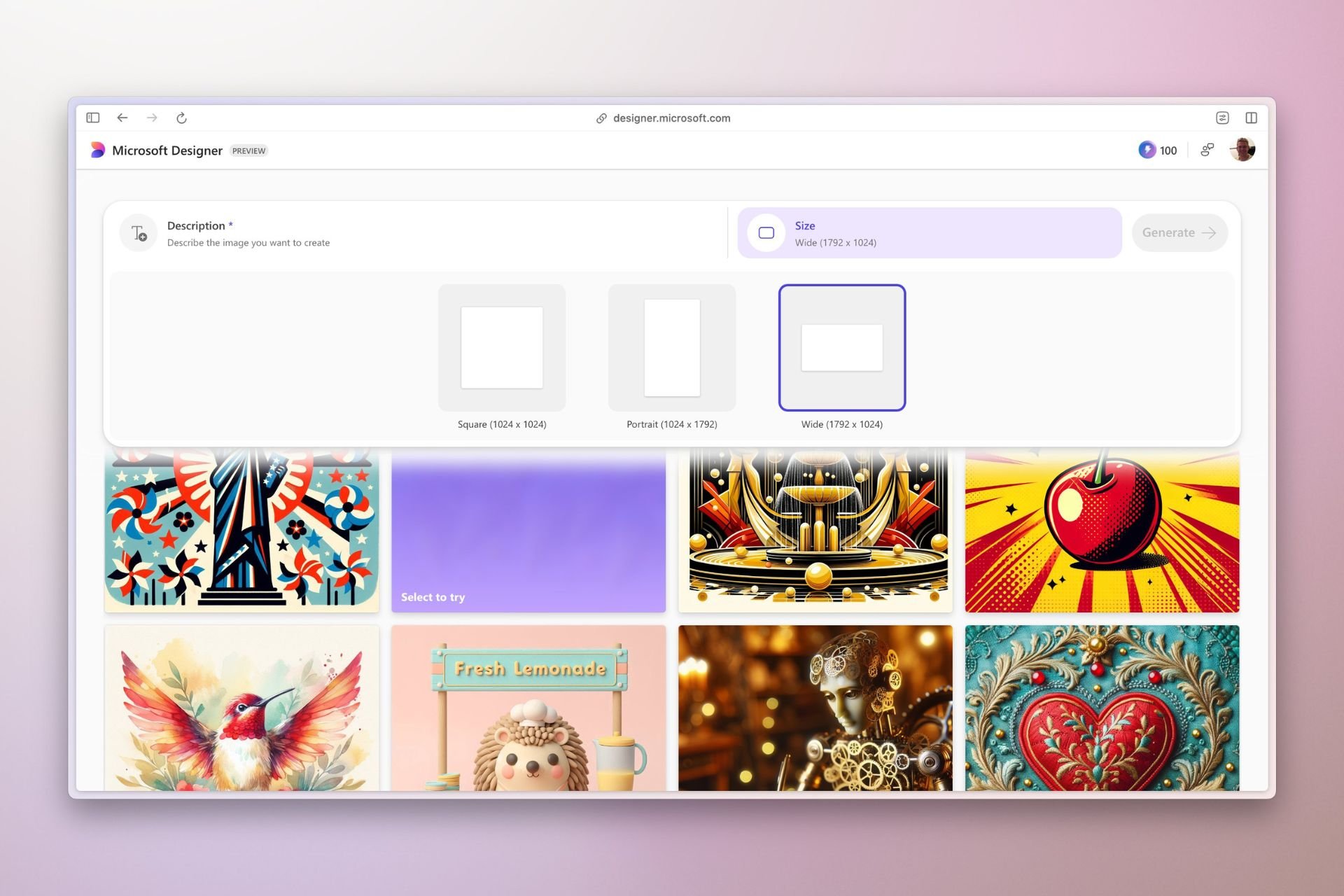If your PC doesn't support Windows Recall, here are a few alternatives to try
The system requirements aren't as stringent
3 min. read
Published on
Read our disclosure page to find out how can you help Windows Report sustain the editorial team Read more
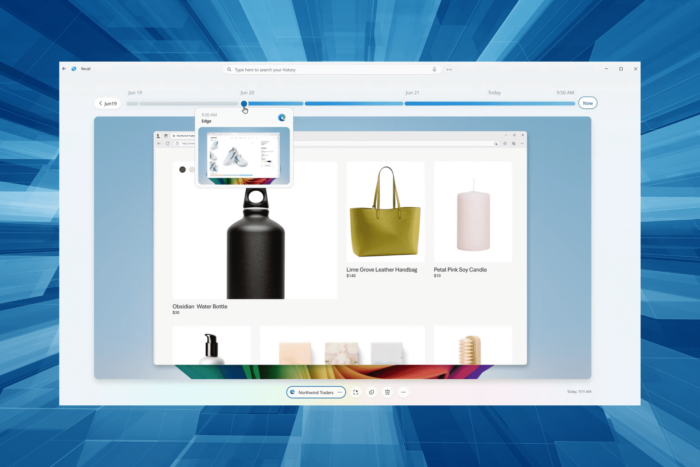
Anyone remotely up-to-date with the latest developments in the tech landscape must have heard about the controversy surrounding a new Windows feature, Recall. The feature captures regular screengrabs and stores the data on a plain text database, leading to privacy concerns!
But all the hue and cry surrounding Windows Recall didn’t deter developers from creating alternatives for both PCs that don’t support the feature and users who want similar open-source options. We can’t deny the fact that there was a demand for it, even though some have threatened to quit the OS over Recall.
Windows Recall has intrigued many, especially the ones who believe the feature isn’t as big a security concern as it’s being projected because the files are stored locally. Besides, you could always manually delete the data and reconfigure the settings to exclude an app or website!
Alternatives for Windows Recall
As I sat down to discover available Windows Recall alternatives, a report by Windows Central came to my aid. It gave me quick insights into several open-source options, although not all of them are as refined as Windows Recall. Here are my top picks:
1. OpenRecall
First on the list is OpenRecall, a Windows Recall alternative still in its infancy but showing great promise. And the best part is that it’s available across operating systems, including Windows, macOS, and Linux.
The project’s description on the official GitHub page reads,
OpenRecall is a fully open-source, privacy-first alternative to proprietary solutions like Microsoft’s Windows Recall. With OpenRecall, you can easily access your digital history, enhancing your memory and productivity without compromising your privacy.
2. Windrecorder
The next one is Windrecorder, a tool exclusive to Windows. The installation is a little too complex, but that shouldn’t be a problem since the entire process has been documented by the developers.
The project’s description reads,
Windrecorder is a memory search app by records everything on your screen in small size, to let you rewind what you have seen, query through OCR text or image description, and get activity statistics.
As for other Windows Recall alternatives, you will find several options on GitHub. And the list keeps growing by the day!
Make sure to read the details before you download one, as all the tools are still in the early stages of development and may conflict with the system, throw errors, or not perform the intended job!
About the built-in feature on Windows 11, I personally recommend that you disable Recall, especially as the security and privacy concerns keep mounting. Apparently, anyone can pull data from Windows Recall using a script. And for the unversed, there’s an ongoing investigation into Recall by the UK’s data watchdog.
So, wait for a few days. Let Microsoft clear things up and see how security researchers respond to the changes. Because in its current form, Windows Recall does pose a threat!
How was your experience with Windows Recall or the suggested alternatives? Share with our readers in the comments section.

